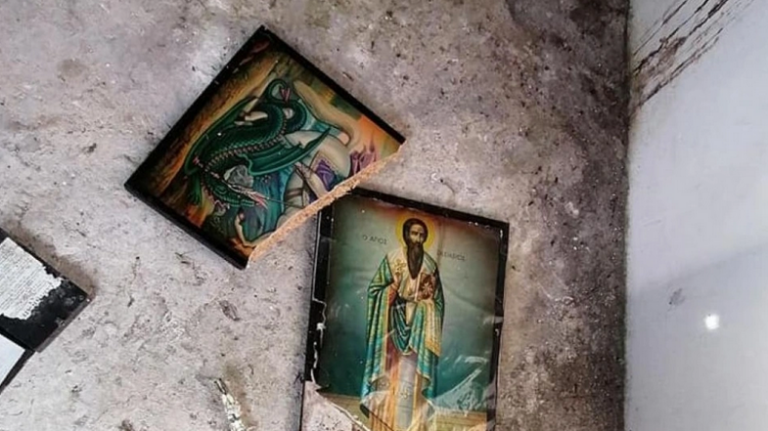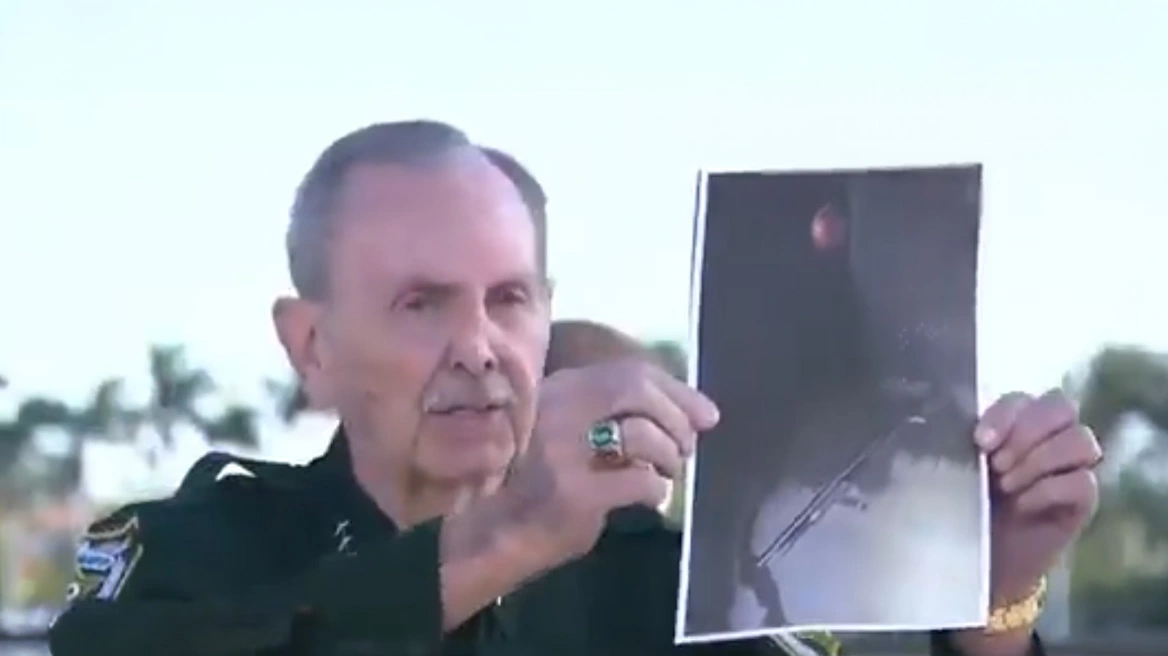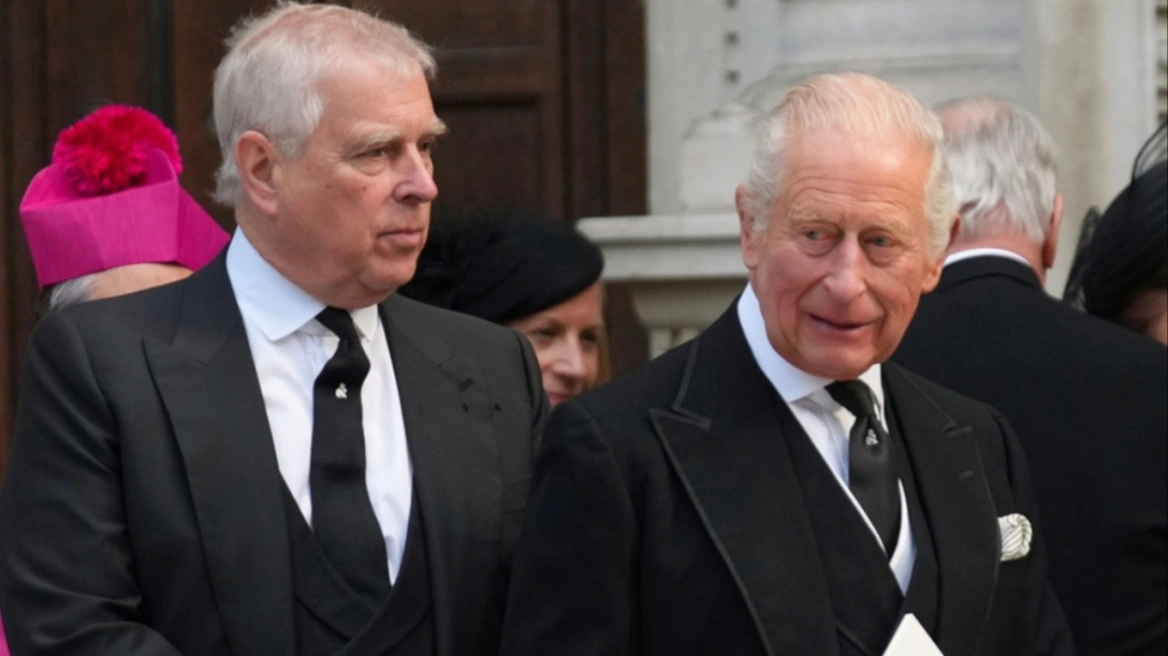According to a new report published by Greece’s Ministry of Education and Religious Affairs, there were 2,339 incidents of church desecrations in the country between 2015 and 2020, when tiny Greece, seen as Europe’s eastern gateway, was flooded with migrants from the Islamic world. Greek City Times wrote regarding the report:
“There appears to be a correlation between the increase in illegal migration and the incidents of attacks on Greek Orthodox religious churches and religious spaces during the five year period which occurred during the peak of the migration crisis.”
In the most recent year recorded, 2020, there were 385 incidents against Christian churches and buildings, including “vandalism, burglary, theft, sacrilege, necromancy, robbery, placement of explosive devices and other desecrations.”
Over the years, a few of these desecrations made it to English-language media.
In April 2021, Muslim migrants entered into and utterly desecrated a small church. Proud of their handiwork, they videotaped portions of the incident and uploaded it on TikTok. It shows a topless migrant dancing to rap music as he walks towards and inside the church. The next clip shows the aftermath: devastation inside the church, with smashed icons and the altar overthrown.
In 2020, Muslim migrants ransacked and transformed a church into their personal toilet. This public restroom was once the St. Catherine Church in Moria, a small town on the island of Lesvos, which was flooded with migrants who arrived via Turkey. “The smell inside is unbearable,” said a local. “[T]he metropolitan of Mytilene is aware of the situation in the area, nevertheless, he does not wish to deal with it for his own reasons.” The May 2020 report elaborates:
“This is only the latest incident … [I]t has become extremely common for Greek Orthodox Churches to be vandalised and attacked by illegal immigrants on Lesvos….
“As a deeply religious society, these attacks on churches are shocking to the Greek people and calls to question whether these illegal immigrants seeking a new life in Europe are willing to integrate and conform to the norms and values of their new countries.
“These continued attacks have ultimately seen the people of Lesvos, who were nominated for the Nobel Peace Prize in 2016, become increasingly frustrated by the unresolved situation that has restricted and changed their lives as they no longer feel safe on their once near crime-free island.”
Ukraine war – NATO should sanction Turkey over Cyprus invasion like Russia, Turkish professor says
While there are many such examples from between 2015-2020 — in 2016, the Church of All Saints in Kallithea near Athens was set aflame by “Arabic speakers” — historically conscious Greeks see a continuum in the Islamic targeting of their churches. As one report on the desecration of Greek churches explains:
“We should remember that Greece spent 400 years under Turkish Islamic rule and that the fight for freedom was bloody. With that in mind it is even more dramatic seeing these images of fighting age migrants desecrating Greek holy places and having no respect for the country they are allegedly seeking refuge in.”
While the report most likely has the 1453 sack of Constantinople (today Istanbul) in mind — when countless Greek churches, including Hagia Sophia, were desecrated, destroyed, or turned into mosques — that pattern is a century older. In 1354, when the invading Turks first achieved a foothold in Europe, in Gallipoli, which was then Greek, “Where there were churches he [Ottoman ruler Suleiman Pasha] destroyed them or converted them to mosques,” writes an Ottoman chronicler.
Read more: Gatestone Institute
Ask me anything
Explore related questions





